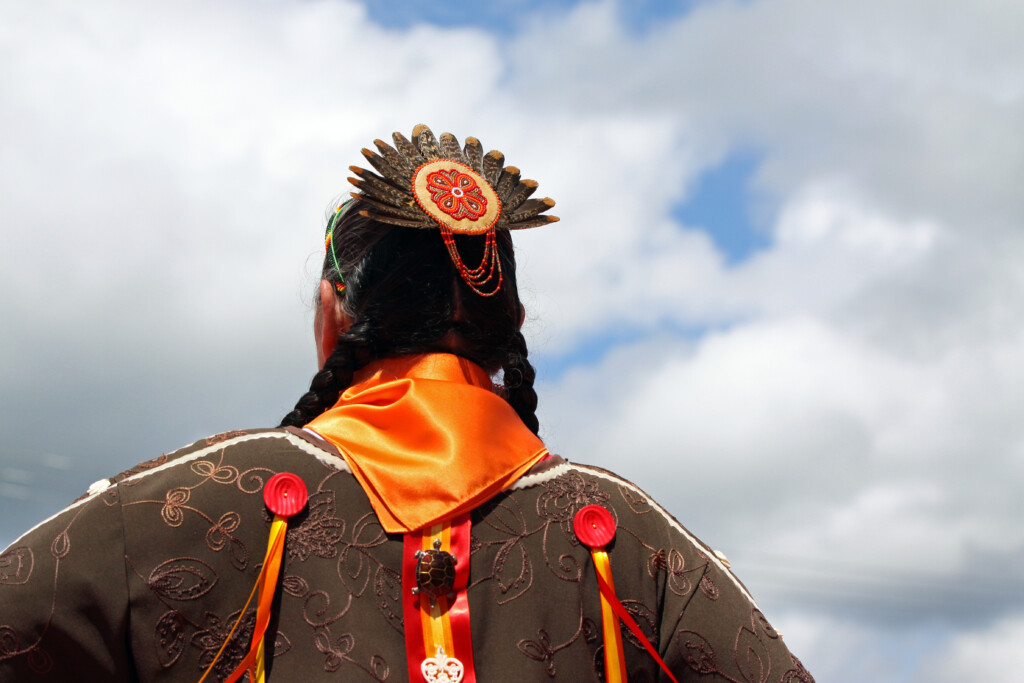Truth and Reconciliation Commission Calls to Action

Truth and Reconciliation Commission’s Final Report
National Day for Truth and Reconciliation Resource Guide
A history of residential schools in Canada
Gender, settler colonialism, and sport in Indigenous communities
Have you ever considered the dynamics between gender, settler colonialism, and sport within Indigenous communities? For instance, lacrosse, once a traditional Indigenous practice, was adopted by white settlers, altering its cultural significance. Gendered expectations within settler colonial institutions, like residential schools, have also enforced ideals that impact Indigenous women’s participation in sports like lacrosse. To…
Canadian Race Relations Foundation Glossary of terms
Coach education through Indigenous perspectives
Prioritizing Indigenous voices is key for sports organizations designing coach education. Collaborative design can enhance cultural pride and support coach development by incorporating Indigenous culture and history. Using traditional methods like storytelling and mentoring, collaborative design aligns with the Truth and Reconciliation Commission’s Calls to Action, promoting Indigenous-led education and decolonizing coaching practices.
Benefits of traditional physical activities for indigenous youth
On Indigenous Peoples Day, it’s crucial to recognize the significance of traditional physical activities for indigenous youth. In a recent review, researchers found that engaging in traditional physical activities helped youth feel connected to their land and community while supporting the development of healthy habits. This highlights the importance of integrating traditional physical activities in…
Beyond sports: USask Athletics fostering Indigenous inclusion and empowerment

In 2018, the Saskatoon Residential School Survivor Circle supported the request of the Huskie Cross Country team’s desire to race in orange singlets in honour of Residential School Survivors and the thousands of children who never made it home. This tradition continues today and has evolved to include all visiting athletes choosing to wear orange…
Indigenous peoples, the environment and occupations
In Indigenous cultures, the state of the environment is highly valued as it is often regarded as interconnected with human health. Poor environmental conditions, as seen today, is negatively impacting occupational participation, which is participation in everyday activities, for indigenous peoples. Because of this, indigenous peoples are limited in what physical activities or sports they…